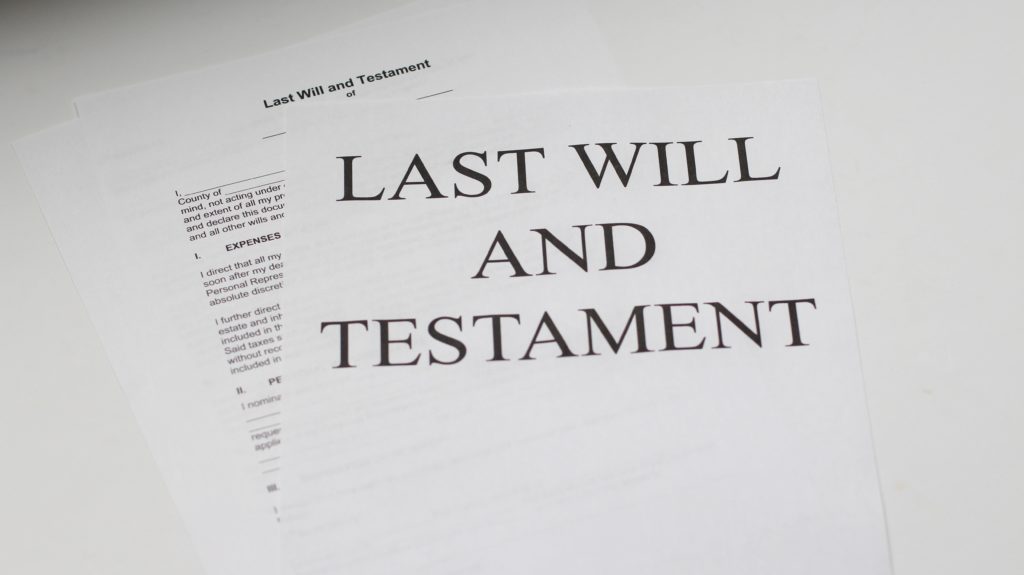The Executor of an estate is the person who manages all the decedent’s financial affairs. Everyone who writes a will must appoint an Executor, but most people don’t know what that entails until they are appointed. If the person wants to have more than one person manage their affairs, like naming two children instead of one, then the term “co-executors” is used, as explained in a recent article “Executor of Estate: What Do They Do?” from Forbes
The most important characteristic that the executor should have, is integrity and good judgment. They are legally required to act in the estate’s best interest, which is called acting as a fiduciary. This is important, especially if an heir serves as an executor.
They also need to be wise enough to know when they need help from a skilled professional.
The executor follows the directions that are included in the person’s will, including distributing assets to beneficiaries. They also manage the many tasks associated with wrapping up the decedent’s life, including paying creditors, issuing notices of death, filing tax returns and overseeing the sale of homes and automobiles.
When a proper estate plan is in place, the executor of the estate is named in the decedent’s last will and testament. In cases where the decedent (sometimes referred to as the testator) did not have a will, or the will has been deemed invalid, the probate court judge names someone to serve as executor. This is not always someone who the executor would have named, but when there is no will, the court makes this decision.
If you have been named the executor of an estate and don’t wish to serve, you may decline. If the decedent anticipated that and named an alternative or contingent executor, then the secondary person will serve, or the probate court judge will name someone to serve in this role. The judge can also override the decedent’s choice of an executor, if the person they named has a criminal history, is not of legal age, has a mental disability or a substance abuse problem. The court is not allowed to change the executor simply because the heirs don’t want a person to serve.
The executor has a long list of tasks to accomplish, from obtaining death certificates and securing the home to filing the will with the probate court in the decedent’s county of residence and petitioning the court for probate. Many executors bring in an estate attorney to assist with the legal portion of administering the estate, as an estate and trusts attorney will be familiar with the processes and the deadlines.
The executor must notify the Social Security administration and Medicare, if the person was enrolled in either of these federal programs. The Department of Motor Vehicles, Veterans Affairs and insurance companies must also be notified. The executor is also responsible for filing the person’s final income tax returns and if necessary, filing the state and federal estate tax returns. This is just a partial listing of the many different tasks that must be accomplished. The estate planning attorney may have a checklist to help the executor on track.
Reference: Forbes (May 3, 2021) “Executor of Estate: What Do They Do?”
Photo by Melinda Gimpel on Unsplash




